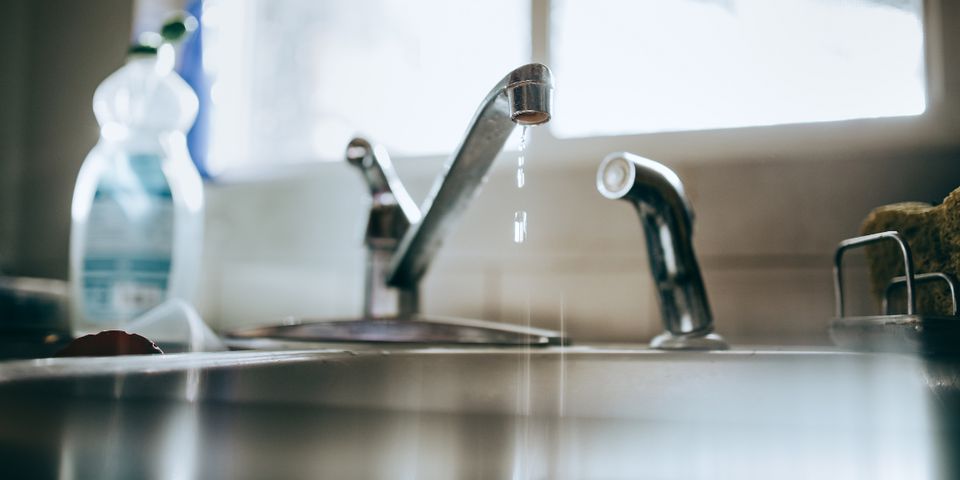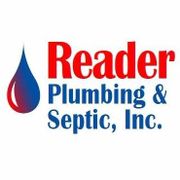
Many homeowners are looking for ways to reduce their water usage, for both environmental and financial reasons. By adopting simple yet effective water-saving practices at home, you can put less strain on your septic system. Over time, you could save a lot of money by avoiding costly repairs. Additionally, you will contribute toward conserving a precious resource. Here are some ways to reduce your household's water usage.
How to Reduce Your Water Use at Home
1. Fix Leaks
A leaking pipe or faucet in a septic system is one of the most common causes of water wastage. Even a small drip can add up to a large amount of water wasted over time. Regularly check your faucets, showerheads, and pipes for any leaks and promptly fix them.
Not only will this save water, but it will also prevent potential damage to your home. Remember to check outdoor spigots and irrigation systems as well, as they can often develop leaks without being noticed.
2. Install Water-Efficient Fixtures

Upgrading to water-efficient fixtures is an excellent way to conserve water without compromising on functionality. Replace old toilets with low-flow or dual-flush models, which use less water per flush.
Aerators on faucets and showerheads can reduce the flow rate without sacrificing water pressure. These simple installations can result in substantial water savings, reducing your household consumption significantly.
3. Develop Water-Saving Habits
Incorporating water-saving habits into your daily routine can go a long way in reducing water consumption. These habits include turning off the tap while brushing your teeth, using a basin or plug to wash dishes instead of running water continuously, and only running the dishwasher or washing machine with full loads. Additionally, consider shortening your shower time by a minute or two, which can save gallons of water per shower.
4. Reassess Outdoor Water Use
Outdoor water use can account for a considerable portion of residential water consumption. To conserve water in your yard or garden, start watering your plants and lawn during the early morning or late evening to minimize evaporation.
Utilize mulch around plants to retain soil moisture and group plants with similar water needs together to ensure more efficient irrigation. Also, you can collect rainwater in barrels to use on plants.
For help with making septic system more water-efficient, turn to the professionals at Reader Plumbing & Septic Inc. in Kaukauna, WI, for assistance. With over 40 years of experience and a broad range of plumbing and septic services, they have everything home and business owners need to maintain a safe and healthy property. Visit them online or call (920) 788-2527 to learn more today.
About the Business
Have a question? Ask the experts!
Send your question

